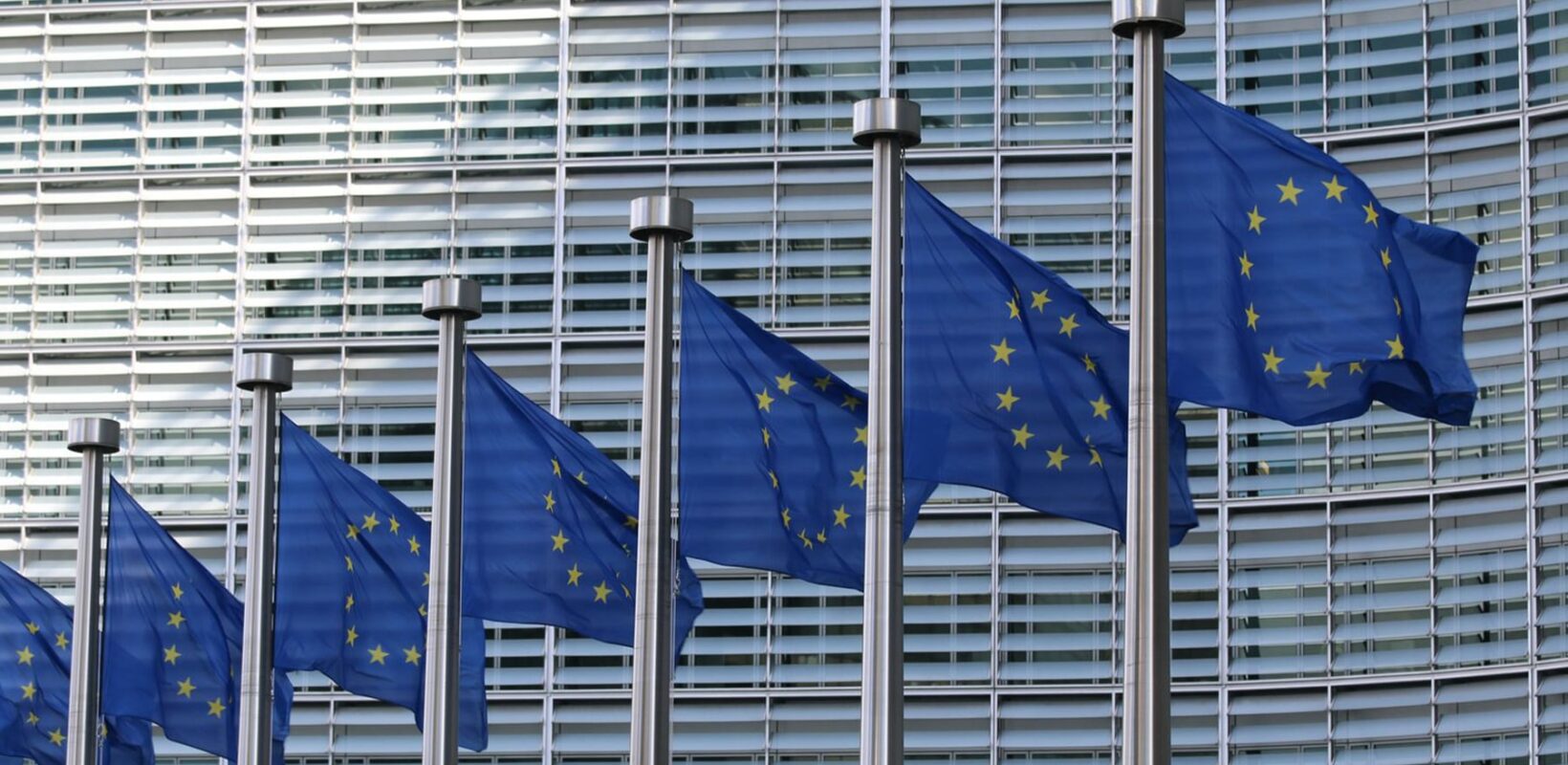
EC’s proposed Corporate Sustainability Due Diligence
Kumi is supporting companies and industry schemes to comply with the European Commission’s (EC’s) proposed Corporate Sustainability Due Diligence Directive.
The EC’s proposal was published on 23rd February 2022. It still requires adoption by the European Parliament and Member States and may therefore be subject to modification.
However, the law is underpinned by the OECD Guidance for Responsible Business Conduct and will have many commonalities with the existing German Supply Chain Due Diligence Act, the Norwegian Transparency Act and French Duty of Vigilance Law. Whilst some of the finer details of the law are still to be decided, companies are therefore able to act now to prepare for the law.
Companies needing to achieve Corporate Sustainability Due Diligence Directive compliance
Under the EC’s proposal, companies meeting the following criteria would be required to demonstrate compliance:
- EU companies with over 500 employees and net €150 million worldwide turnover.
- EU companies with over 250 employees and net €40 million worldwide turnover in high impact sectors (including textiles, agriculture, minerals).
- Non-EU companies active in the EU, with the same respective thresholds for their turnover in the EU as per the first two sets of criteria.
The proposed directive aims to identify, end, prevent, mitigate and account for negative environmental and human rights impacts in a company’s own operations, its subsidiaries and its value chains. Directors will be required to set up and oversee the implementation of the due diligence processes and integrate these into corporate strategy.
Kumi helps companies to comply with the Corporate Sustainability Due Diligence Directive
Kumi is a specialist advisor on responsible sourcing, based in London and Berlin and supported by a global network of partners and associates.
We are uniquely placed to support companies and schemes needing to understand the practical implications of supply chain due diligence legislation, based on our experience of what it takes to set up and implement supply chain due diligence programmes within companies, alongside our extensive work with regulators, policymakers, and industry standards.
We are actively collaborating with companies as they seek to comply with the EC’s Corporate Sustainability Due Diligence directive in the following ways:
- Gap analysis: Assessing existing management systems to identify strengths and gaps in company approaches against the requirements of the Corporate Sustainability Due Diligence directive and other relevant responsible sourcing expectations. We have significant experience assessing company management systems, such as our Responsible Sourcing Diagnostic of a Fortune 500 company.
- Developing policies and standards: Reviewing existing documents and drafting improved versions that will meet the requirements of the Corporate Sustainability Due Diligence directive and other relevant responsible sourcing expectations. This builds on our unique insights on the practical implications of legal requirements through our work assessing industry schemes for the European Commission and the OECD.
- Due diligence management systems: Developing management processes and procedures to ensure implementation of the requirements of the Corporate Sustainability Due Diligence directive. This can include mapping suppliers and developing risk identification and assessment tools and processes. Relevant case studies include our work with a technology company to map its mica supply chain and work with a fashion brand to build a bespoke risk assessment process.
- Defining management accountabilities: An important part of building a robust responsible sourcing management system is ensuring that there is sufficient buy-in from senior management and that staff members are given responsibility for undertaking responsible sourcing activities. We help companies to determine roles and responsibilities for relevant staff and fulfil relevant capacity building needs. A good example of this is our work enabling a PGM refiner to comply with LPPM requirements.
- Reporting: Due diligence reports provide transparency and accountability to relevant stakeholders on your efforts towards responsible sourcing. We help companies draft reports that meet good practice expectations. An example where Kumi has supported a company to report according to good practice recommendations for due diligence is OneMed’s 2020 Sustainability Report.
Get in touch
We believe in building strong and lasting relationships with our clients. Kumi’s responsible sourcing advisory team would be delighted to discuss your specific requirements and how we may be able to assist your company. Get in touch with us to find out how we can support you.

